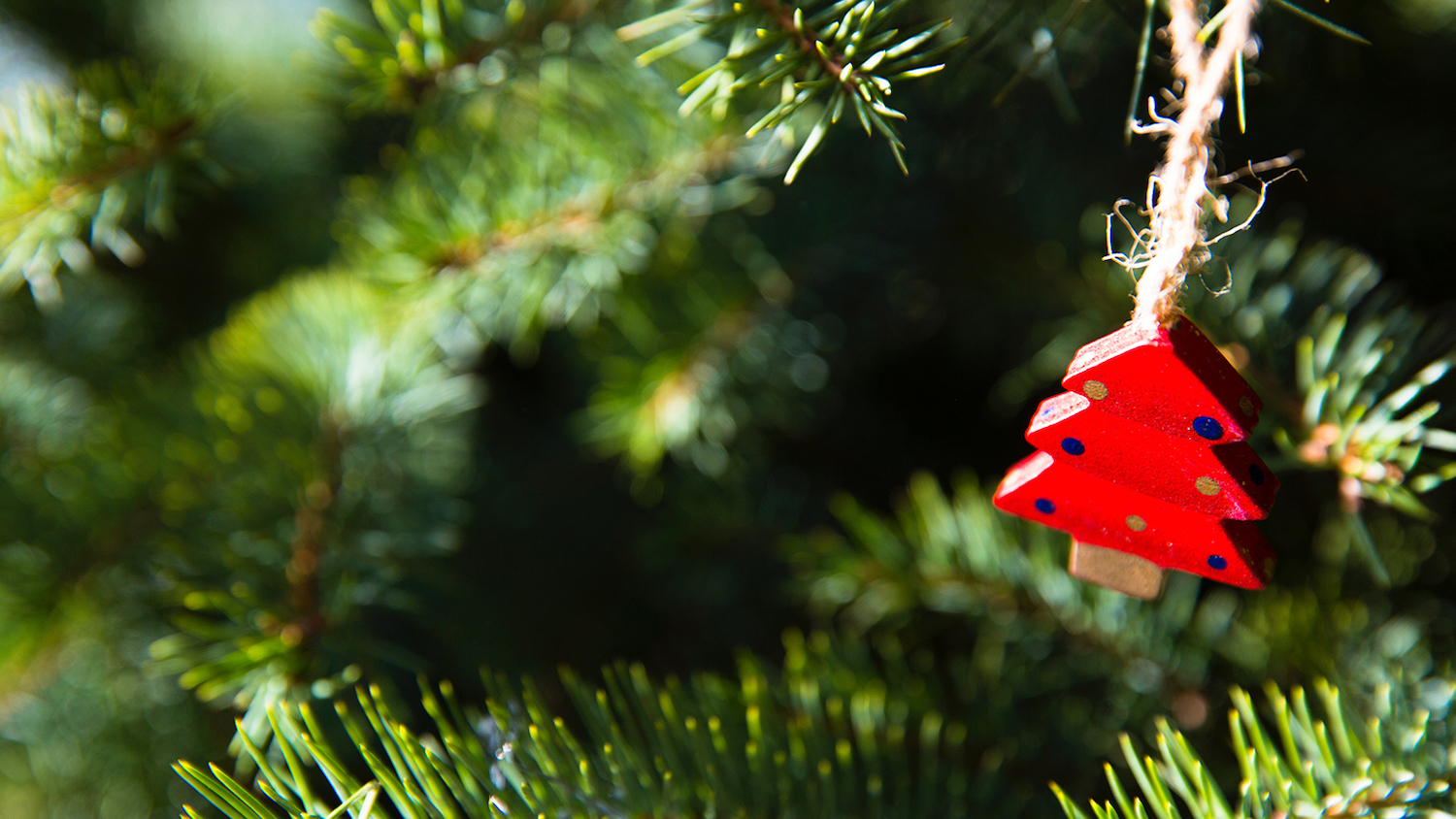What Can You Expect at a North Carolina Christmas Tree Lot This Year?

With the holidays fast approaching, many North Carolinians are beginning their search for the perfect Christmas tree to decorate this year.
According to the National Christmas Tree Association, approximately 25 to 30 million real Christmas trees are sold across the United States every year, produced by some 15,000 farms on about 350,000 acres.
North Carolina is the second leading Christmas tree producer in the nation, with 38,893 acres devoted to production, according to 2017 data from the USDA’s National Agricultural Statistics Service.
The Abstract spoke with Jamie Bookwalter, an extension specialist at NC State, to get the inside scoop about what shoppers can expect this year.
The Abstract: What is the Christmas tree supply looking like this year?
Jamie Bookwalter: Supply is good, and everyone that wants a tree will be able to find a tree.
TA: Where are most Christmas trees coming from within North Carolina?
Bookwalter: The majority of Christmas trees in North Carolina originate from counties with higher elevations, as Fraser firs grow best over 3,000 feet. Ashe county is the #1 Christmas tree producing county in the United States, but sometimes flips with Clackamas county in Oregon.
North Carolina produces around 26% of the Christmas trees grown in the U.S. Our state produces more Christmas trees than all of Canada combined. There are some excellent choose-and-cut Christmas tree farms in eastern North Carolina. However, since Fraser fir does not thrive at lower elevations, on eastern farms you’ll likely encounter species like Virginia pine, Leyland Cypress and eastern red cedar. However, these farms typically have pre-cut Fraser fir available as well. Eastern farms are also known for providing generous greenery for those looking for fresh wreaths and garlands.
TA: What type of Christmas trees should one expect to see at lots in North Carolina?
Bookwalter: The majority of Christmas trees bound for retail lots in North Carolina are Fraser fir, as this native species has excellent needle retention, soft needles, sturdy branches for hanging ornaments, and releases a citrus-evergreen fragrance that to me represents the holiday season.
TA: In the past few years, it’s seemed as if prices have consistently been rising, will that be the case this year?
Bookwalter: While farmers have experienced rising production costs in the past few years, we don’t expect to see large increases in the price of Christmas trees this year.
TA: When is the best time to go pick out your live Christmas tree?
Bookwalter: The days immediately after Thanksgiving are the busiest time of the year for the Christmas tree industry. Growers spend all year preparing to provide the freshest trees possible to consumers immediately after the Thanksgiving holiday. If you want to buy a tree earlier than Thanksgiving, then you can go to any of the choose-and-cut farms located throughout our state and get one as soon as those operations open for the season. This year’s Blue Room White House Christmas tree was harvested from Cline Church Nursery in Ashe County. As I mentioned, everyone that wants a tree will be able to find a tree, but as you get closer to Christmas, I would call ahead to check on availability especially if you want trees taller than nine feet.
TA: Any tips on how to make the Christmas trees last even longer, with limited needles falling off?
Bookwalter: North Carolina consumers are lucky, because they have access to the best Christmas trees in the country. Fraser fir has been extensively tested over the years, and multiple studies have found that it has the best needle retention amongst all other species of conifer used during the holidays. Fraser fir trees routinely last for several months after the Christmas holiday in replicated scientific experiments. So, as long as you follow the recommended care instructions for a fresh cut Christmas tree, then needle drop will be minimal with Fraser fir.
Additionally, be sure that when purchasing a live tree, that you ask the retailer to make a fresh cut that’s 1 inch from the base of the tree. A fresh cut is necessary as the area where a tree is harvested might dry out which makes it difficult for the tree to drink water once it gets back home and put into a tree stand. Once home, a fresh-cut tree may take up several gallons of water in the first 24 hours. Water uptake will decrease overtime, but it’s important to keep the tree hydrated.
TA: Where do you plan on getting your Christmas tree this year?
Bookwalter: I’ll be venturing out with my family the weekend after Thanksgiving to cut a tree at an North Carolina choose-and-cut farm, because as a family we’ve always enjoyed the whole experience of being outside, feeling festive, and of course arguing over which tree is the obvious best choice. I’m a huge fan of agro-tourism. As a society we make changes by choosing where we spend our income; going to a choose-and-cut farm or buying a North Carolina tree in a retail lot really makes a difference in keeping North Carolina farmland farmland, not subdivisions of second homes.


